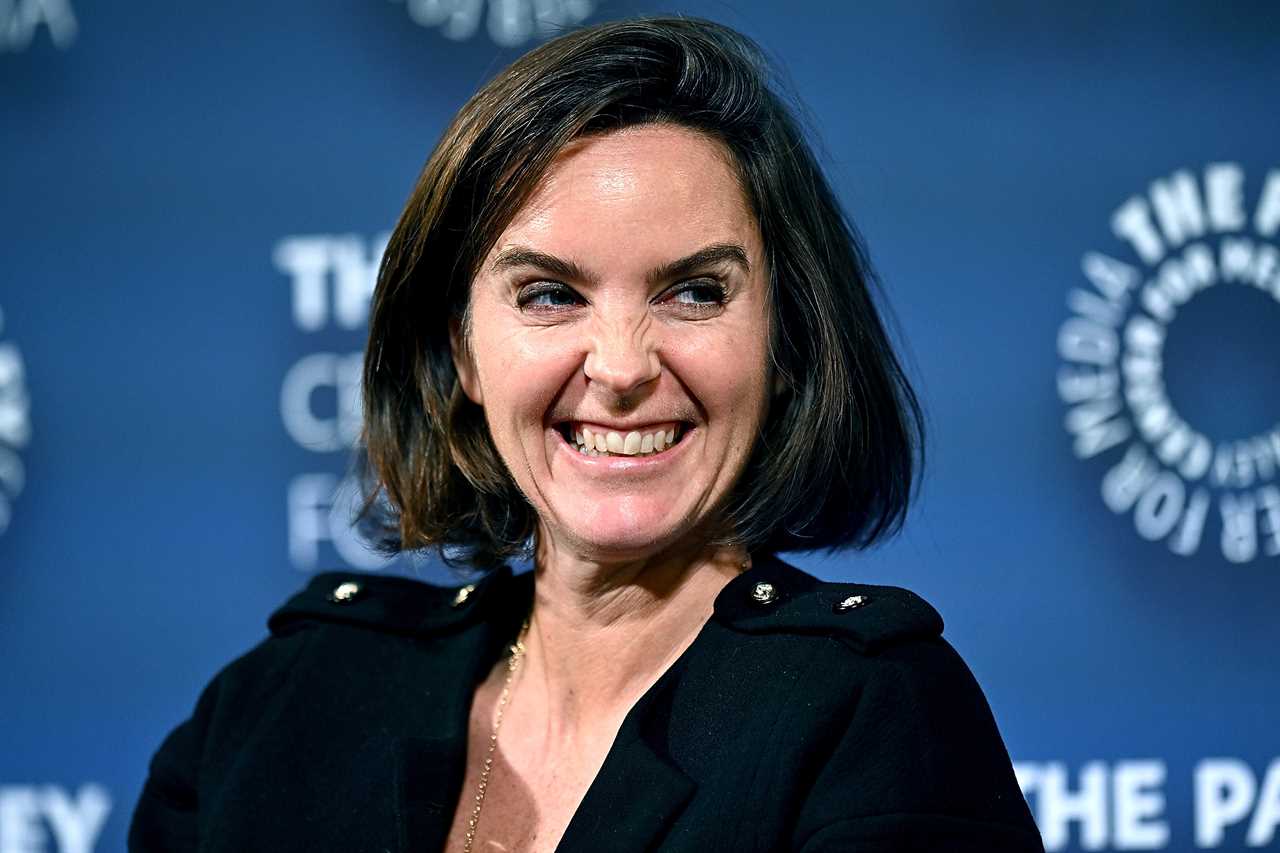
Recent findings reveal that 1,472 executives in state-funded organisations earned over £100,000 last year, raising questions about public sector governance and fiscal responsibility. The disparity between these salaries and those of ordinary citizens, including the Prime Minister, highlights broader issues of transparency and accountability.
The wider context: Executive Pay Disparities
With 315 individuals surpassing the Prime Minister's salary, including Channel 4's Alex Mahon earning nearly £1 million, scrutiny falls on bodies like Homes England and the BBC, where high earners are prevalent. The TaxPayers' Alliance (TPA) calls for a reevaluation of the UK's 380 quangos, advocating for a reduction in numbers and increased efficiency.
Structural Issues and Accountability
While the TPA criticises the proliferation of quangos, Labour's proposal for additional bodies raises concerns about effective governance and value for taxpayers. The debate underscores the need for rigorous oversight and strategic decision-making to align public spending with societal needs.
Power Dynamics and Public Trust
As Chief Executive of the TPA, John O'Connell highlights the power wielded by quango leaders, often operating with limited transparency or scrutiny. This concentration of authority raises questions about democratic accountability and the distribution of power within public institutions.

In response to these revelations, Shadow Cabinet Office Minister Mike Wood emphasises the importance of fiscal prudence and efficient governance. The call for streamlining government operations and enhancing public participation reflects a broader concern for democratic values and responsible stewardship of public resources.
Amidst these discussions, it is crucial to consider the implications of executive pay differentials on public trust and the social contract. As we navigate these complexities, a balance must be struck between rewarding expertise and ensuring equitable distribution of resources within the public sector.
Ultimately, the issue of high salaries in quangos transcends mere financial figures, inviting us to reflect on broader questions of governance, accountability, and social responsibility. By engaging in nuanced dialogue and advocating for greater transparency, we can work towards a more equitable and effective public sector that serves the interests of all citizens.
Did you miss our previous article...
https://trendinginthenews.com/uk-politics/analysis-rachel-reeves-faces-backlash-over-proposed-eu-migration-route-changes






